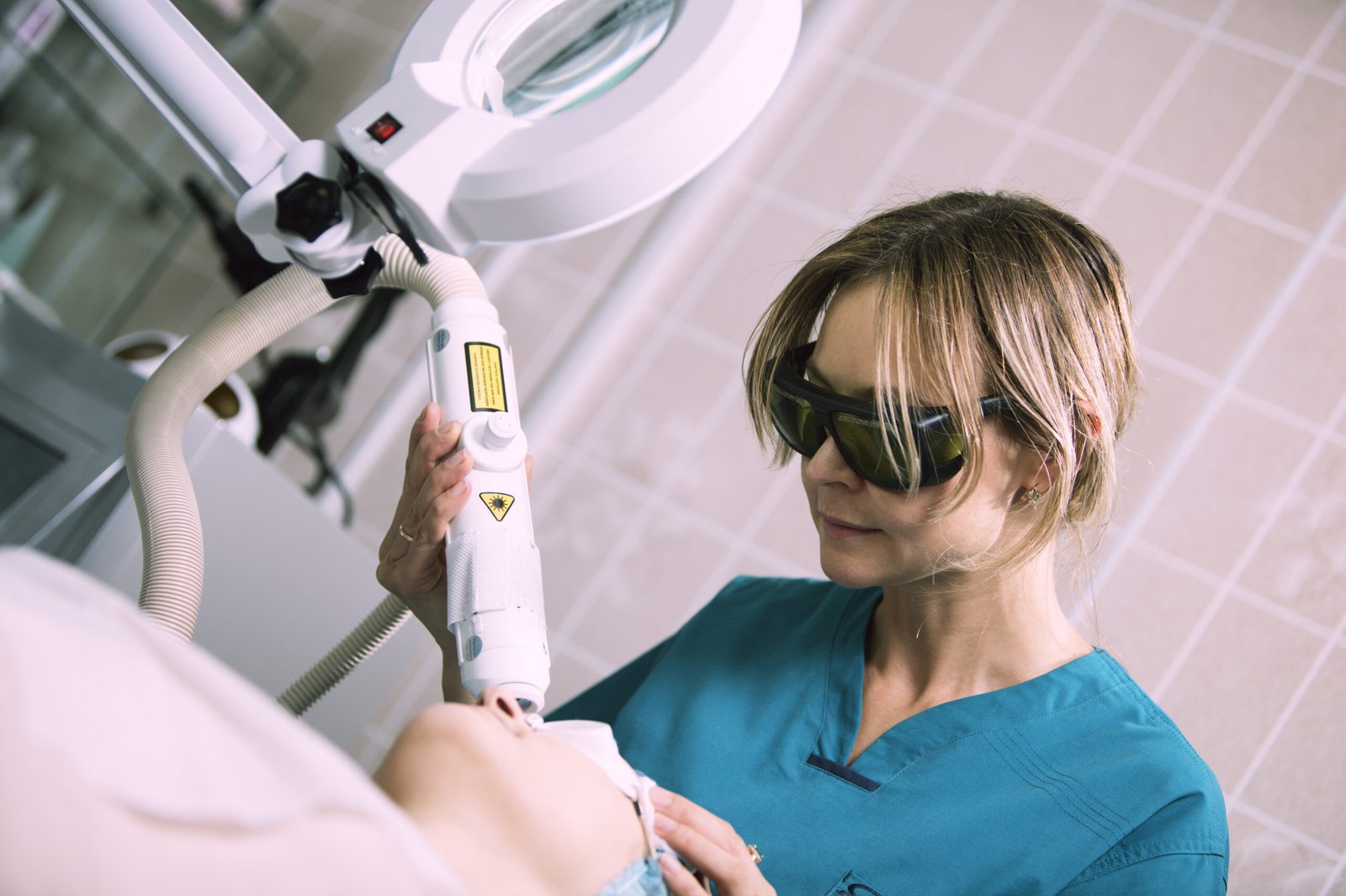Introduction to Acne and Its Causes:
Acne is a common skin condition that affects millions of people worldwide. It occurs when the pores on your face become clogged with oil, dead skin cells, and bacteria. This can lead to redness, swelling, and pus-filled pimples. While acne is most commonly associated with teenagers, it can also affect adults. In fact, up to 50% of women and 25% of men experience acne at some point in their lives. The exact cause of acne is not fully understood, but hormones, genetics, stress, and diet are all thought to play a role.
The Best Acne Meds: What Works, What Doesn’t, and Why:
There are many different treatments available for acne, ranging from over-the-counter creams and gels to prescription medications. Some of the most effective options include benzoyl peroxide, salicylic acid, antibiotics, and retinoids. Benzoyl peroxide works by killing bacteria and reducing inflammation, while salicylic acid helps to unclog pores. Antibiotics like tetracycline and erythromycin kill bacteria and reduce inflammation, while retinoids like Accutane work by slowing down cell turnover and preventing new breakouts. However, what works for one person may not work for another, so it’s important to try out several different options until you find something that works well for you.
Treating Adult Acne: Tips and Tricks for Clear Skin:
Adult acne can be particularly frustrating because it often doesn’t respond as well to traditional treatments. One reason for this is that adult acne tends to have more underlying inflammation than teenage acne. To combat this, dermatologists recommend using anti-inflammatory ingredients like niacinamide or azelaic acid. Additionally, avoiding harsh cleansers and exfoliants can help to prevent further irritation. Finally, managing stress through exercise, meditation, or therapy can also improve overall skin health.

Common Misconceptions About Acne and How to Address Them:
One common misconception about acne is that it’s caused by eating greasy foods or chocolate. In reality, there is no scientific evidence to support these claims. Another myth is that touching your face will cause acne. While picking at existing zits can make them worse, simply touching your face won’t necessarily cause new ones to form. Finally, some people believe that washing their face too much will dry out their skin and worsen acne. However, gentle daily cleansing can actually help to keep pores clear and prevent breakouts.
